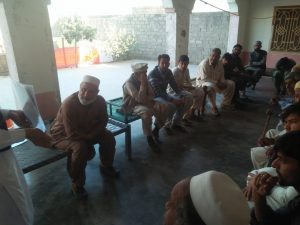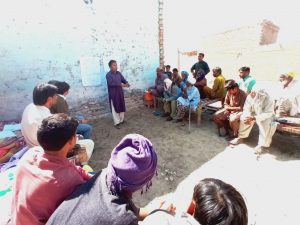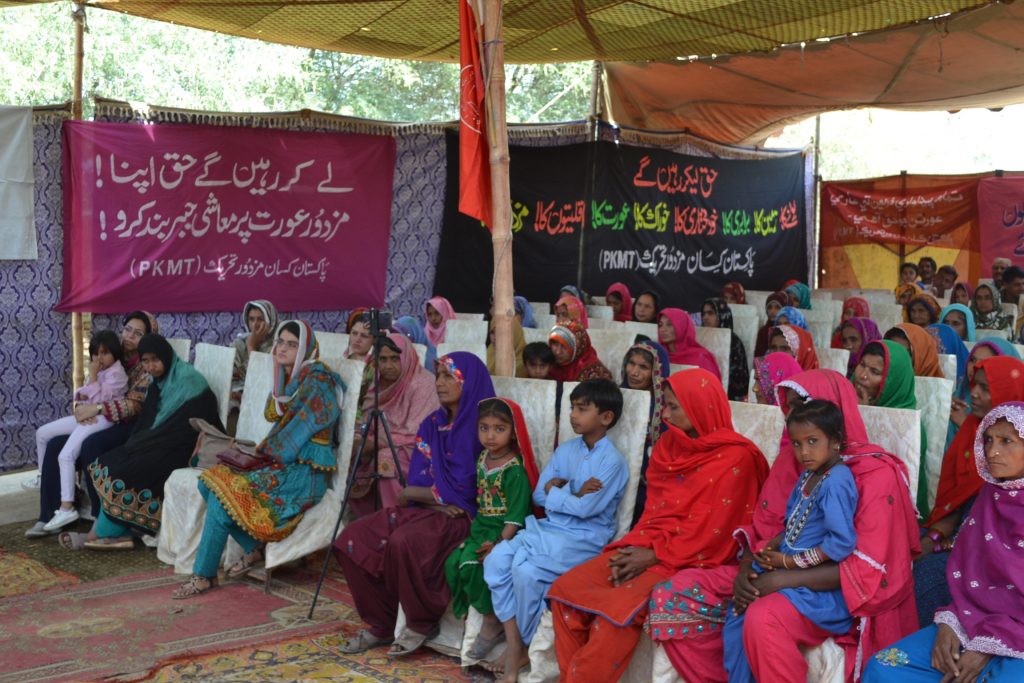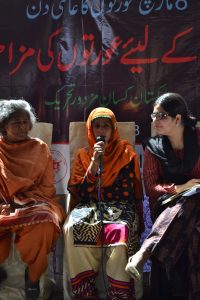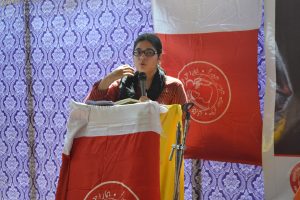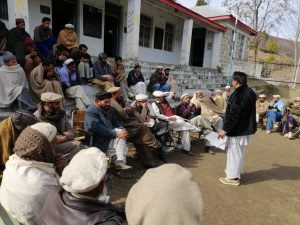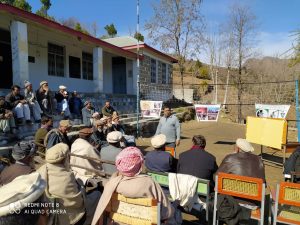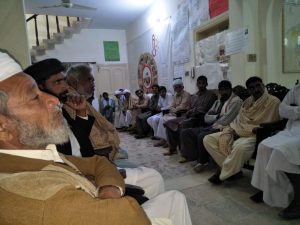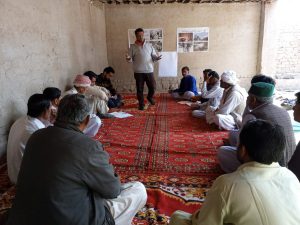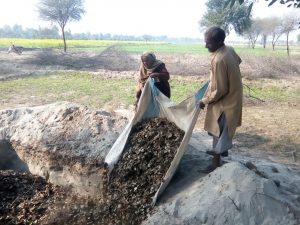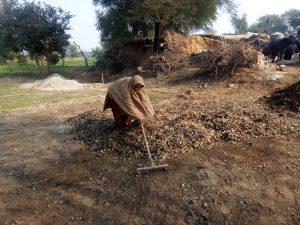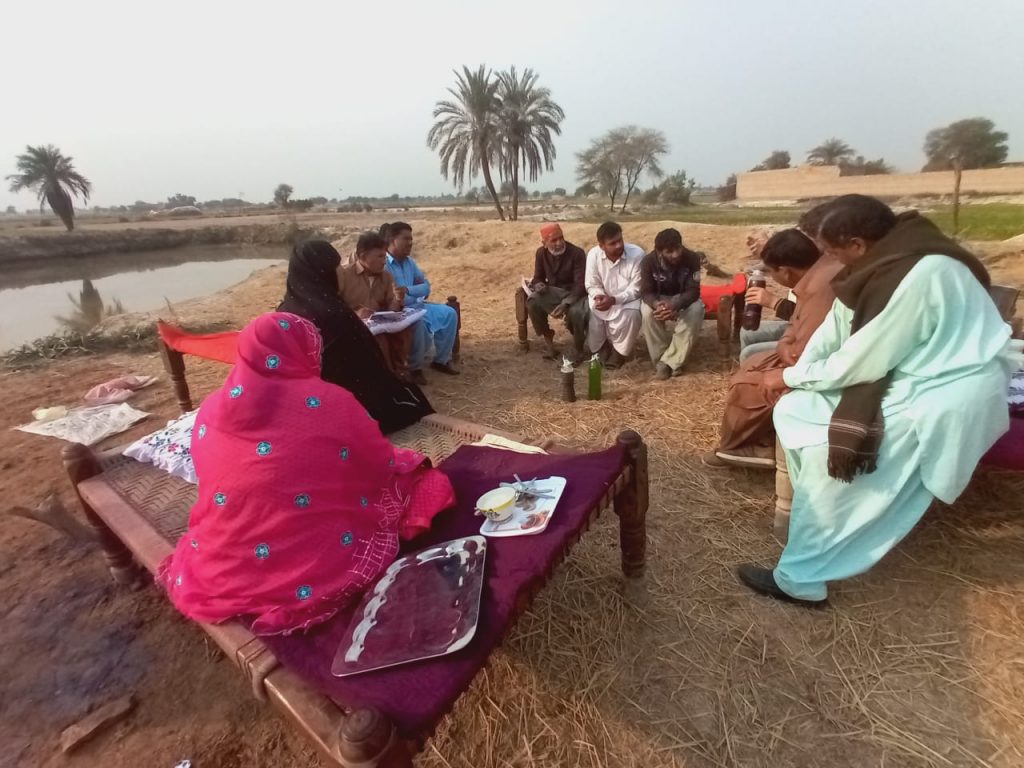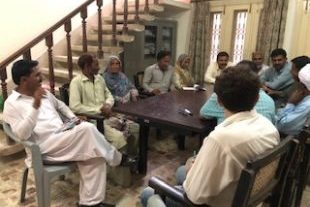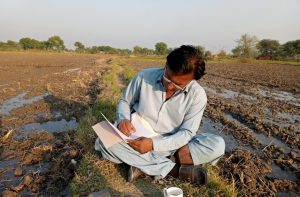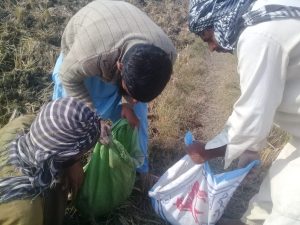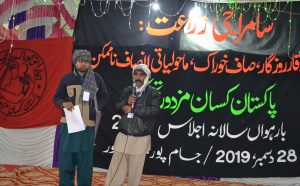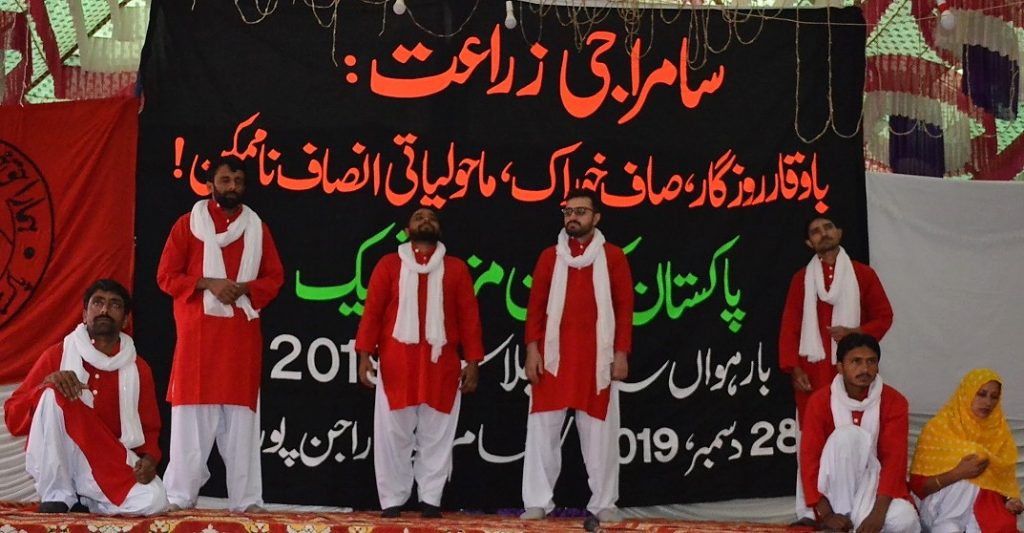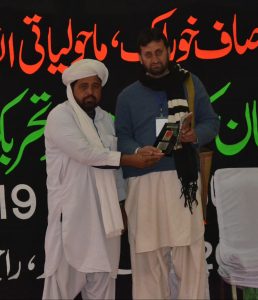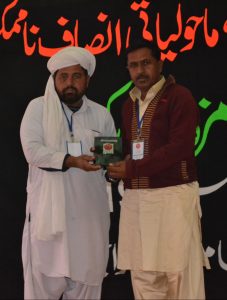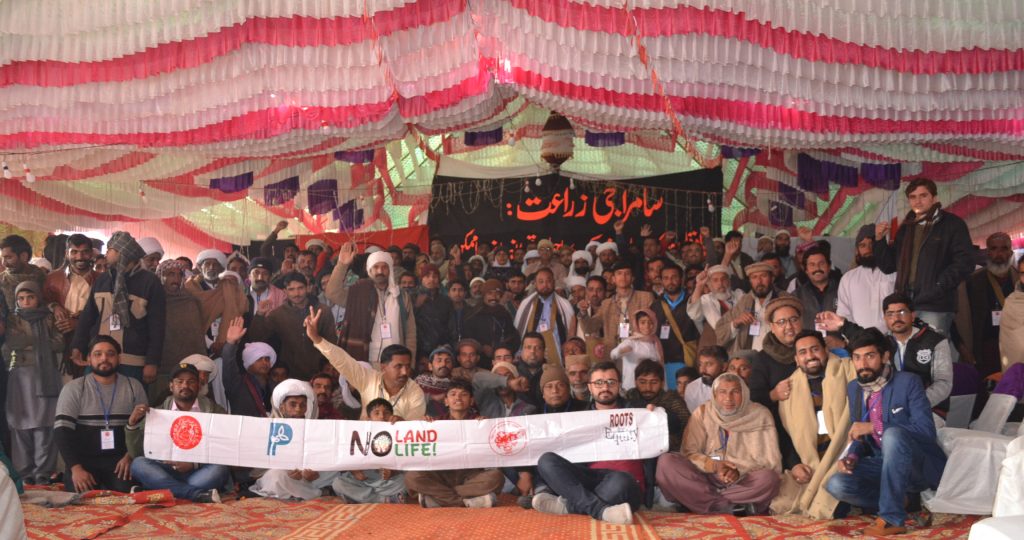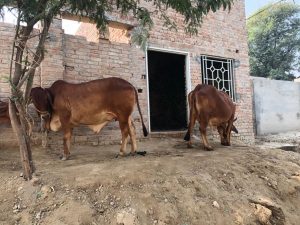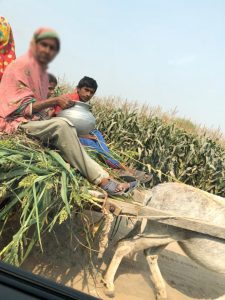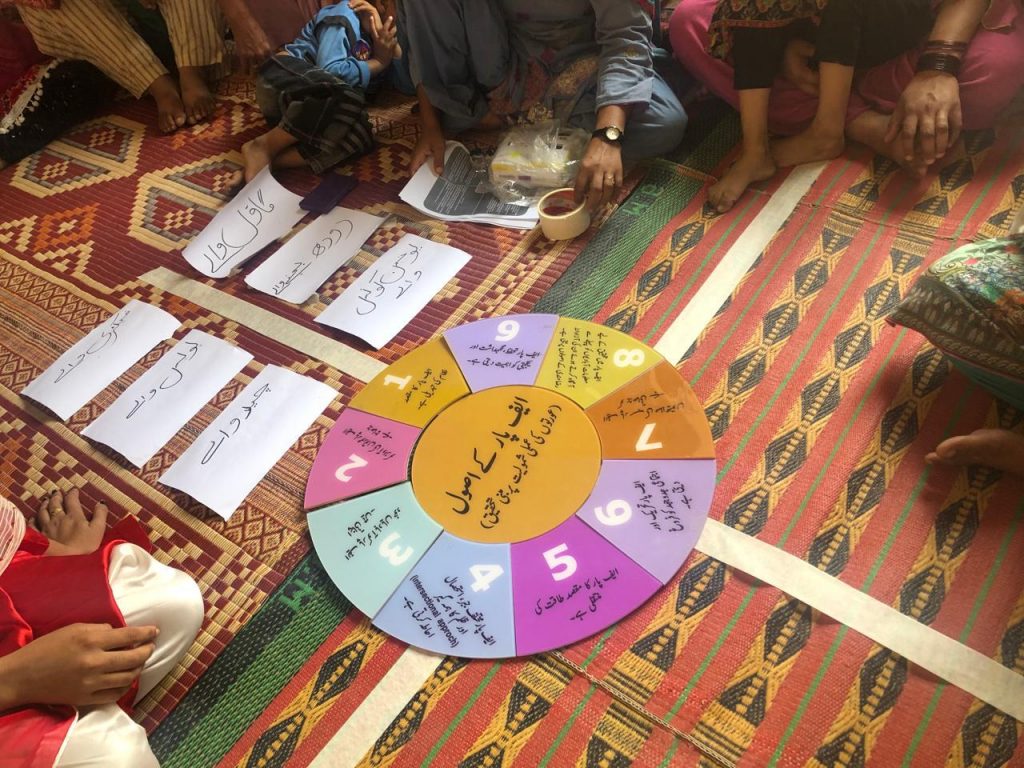Press Release:
Day of the Landless 2020, March 29, 2020
Roots for Equity and Pakistan Kissan Mazdoor Tehreek (PKMT) join hand with Asian Peasant Coalition (APC) and Pesticide Action Network Asia and the Pacific (PAN AP) to mark the Day of the Landless March 29, 2020.
Today, we commemorate the Day of the Landless with utmost concern as the landless rural people are among the most vulnerable to the impacts of the COVID-19 pandemic. The landless peasants along with who are also the small farmers with precarious land ownership or control are forced to work in a variety of oppressive conditions on lands under feudal ownership. Women agricultural are particularly work under the double tier of exploitation at the hands of the landlord as well as patriarchy. Along with this, capitalist agriculture through its mega-corporations has captured agricultural production and markets resulting in a huge increase in the percentages of the landless. More and more, the landless are forced to work in the informal sector on daily wages in a variety of situations. Together with the rest of ordinary toiling people, they bear the brunt of the raging public health crisis of COVID-19 that has paralyzed almost all economic activities and pushed them to further food insecurity and poverty.
With many countries implementing sweeping lockdowns and quarantines often with 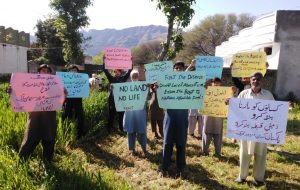 vague operational guidelines, to contain the spread of COVID-19, the agriculture and food supply chain faces great disruption with an escalating price-hike already sending food prices to very high levels. Livelihoods in jeopardy the small producers and poor consumers are suffering the major brunt of the lockdown. In addition, with a total ban on inter and intra provincial travel, agriculture workers and other daily wage earners have no means of finding work. It is feared that the COVID-19 may be used as a cover-up to further harass, and dislocate farming communities as part of evictions under land grabbing for corporate interests.
vague operational guidelines, to contain the spread of COVID-19, the agriculture and food supply chain faces great disruption with an escalating price-hike already sending food prices to very high levels. Livelihoods in jeopardy the small producers and poor consumers are suffering the major brunt of the lockdown. In addition, with a total ban on inter and intra provincial travel, agriculture workers and other daily wage earners have no means of finding work. It is feared that the COVID-19 may be used as a cover-up to further harass, and dislocate farming communities as part of evictions under land grabbing for corporate interests.
Furthermore, public health systems, eroded by decades of neoliberal assault such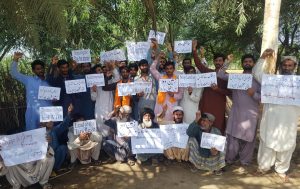 as privatization, commercialization and budget cuts, are already weak in general and are susceptible to collapse when pandemics strike. In Pakistan, the health care budget has never exceeded 3% of the total budget allocations. Hence, the situation has magnified a hundredfold for rural communities especially the landless.
as privatization, commercialization and budget cuts, are already weak in general and are susceptible to collapse when pandemics strike. In Pakistan, the health care budget has never exceeded 3% of the total budget allocations. Hence, the situation has magnified a hundredfold for rural communities especially the landless.
We support and reiterate the immediate demands of the landless and all toiling peoples amid the pandemic –
- Ensure that the lockdowns and quarantines are not carried out at the expense of the food security of the people and that the right to produce and earn a living for small farmers, fishers and other direct food producers is duly respected in a manner that does not endanger their health;
- Provide immediate and substantial economic relief (including food grains, cash, and other forms of aid that are essential and appropriate) and social protection that are readily accessible to the marginalized sectors, including the landless rural people, as well as other forms of government assistance such as production and marketing support for the small food producers;
- Ensure that no further displacements of the rural people from their lands and livelihood are carried out in the pretext of COVID-19 lockdowns;
- Allot sufficient public resources to the health sector and make reliable public healthcare services, including free testing for COVID-19 infection and treatment, available without delay or difficulty for everyone, including the rural communities;
- As a learning, the health budget should be based on building a robust public healthcare system that is capable of functioning with equity and efficiency in face of all health crises.
Amidst the spreading darkness and misery due to a pandemic caused by more than anything else an ecologically and socially destructive mode of capitalist production, the movement of landless rural people and their supporters, together with all oppressed and exploited toiling peoples, shall remain among the bearers of light and hope.
Released by: Pakistan Kissan Mazdoor Tehreek (PKMT) & Roots for Equity

